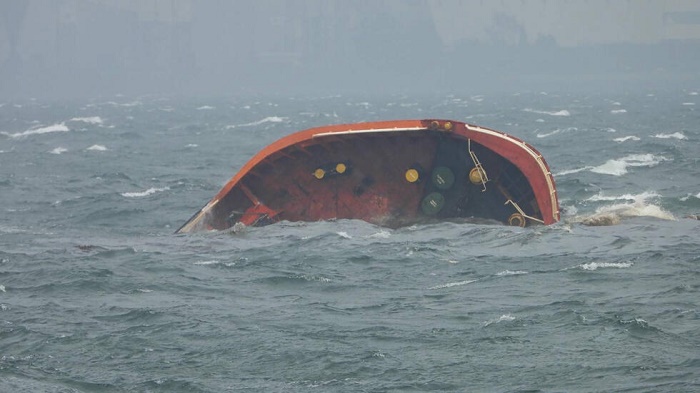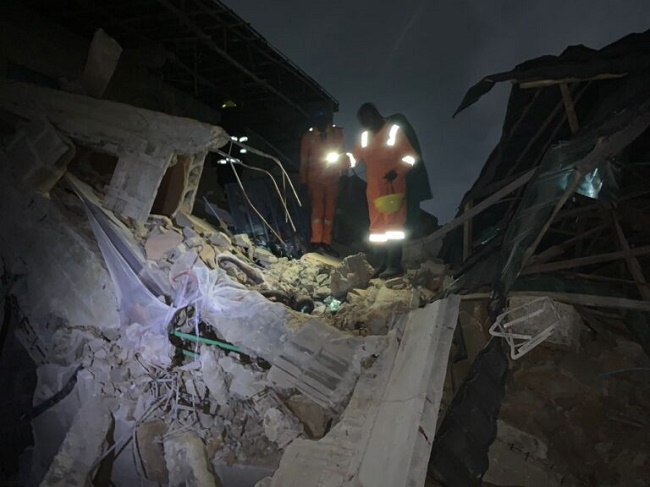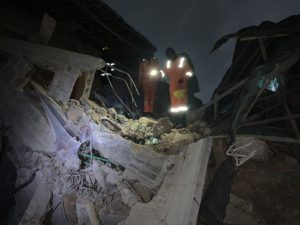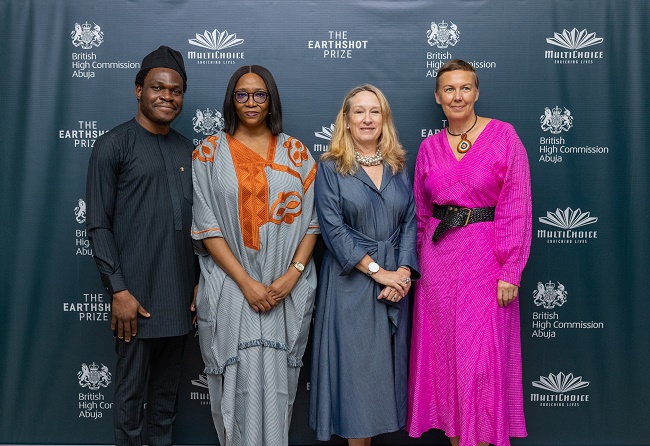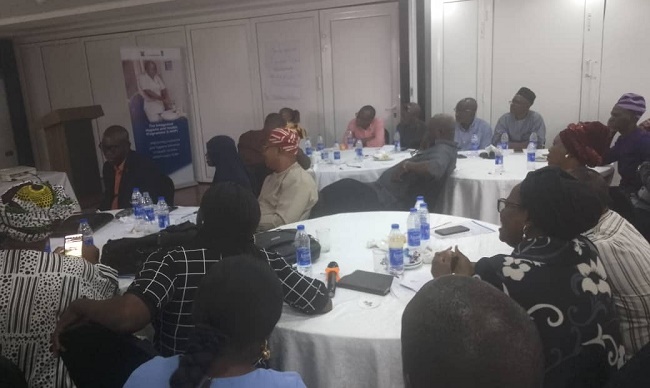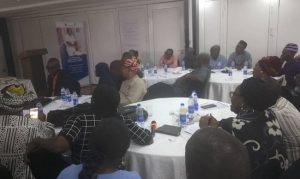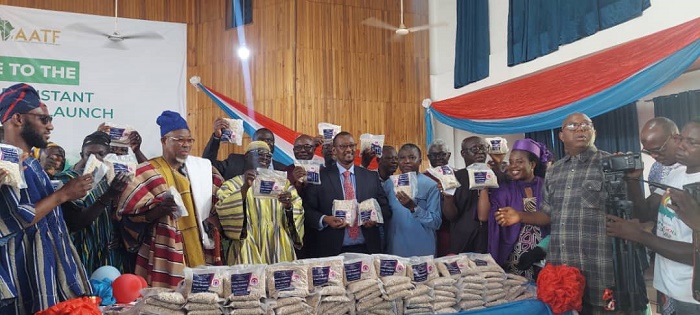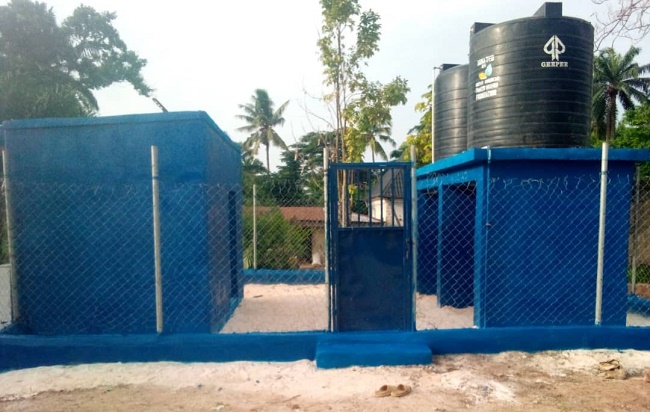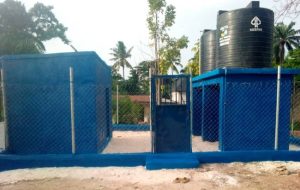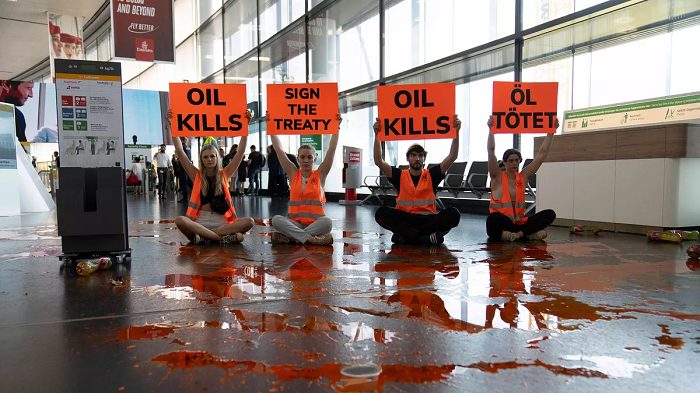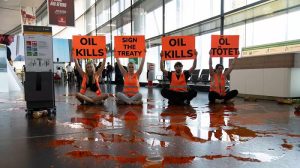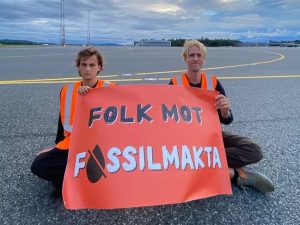Amid heavy rains brought by Bagyong Carina (Typhoon Gaemi), MT Terra Nova, a Philippine-flagged tanker, on Wednesday, July 24, 2024, capsized and sank in Manila Bay.

Carrying 1.4 million litres of fuel oil, the tanker capsized nearly 7 kilometres off the coast of Limay municipality in Bataan province. Reports indicate that 16 workers were rescued, four of whom are injured, and one crew member who has died.
Authorities have detected that the oil spill has spread around 3 kilometres, driven by strong waves. The Philippine Coast Guard is reportedly working to contain it using dispersants and floating barriers.
Concerns are rising about the potential environmental impact and the livelihoods of local fishermen.
Additionally, there are fears that the oil spill could spread to waters off the capital Manila. An investigation into the incident’s cause is still ongoing.
Fread De Mesa, Coordinator of 350 Pilipinas, issued the following statement: “It is tragic that as Typhoon Gaemi battered the western coast of Luzon, the MT Terra Nova, a tanker carrying 1.4 million litres of oil, capsized near Limay municipality in Bataan province. With much of Luzon still reeling from the typhoon’s devastation, both rescue and relief efforts are of the utmost priority.
“It is ironic that this accident, potentially caused by extreme weather events that have been increasing due to climate change, now threatens the immediate biodiversity of the area and the livelihoods of local fisherfolk and communities. This incident underscores the urgent need to decisively steer the Philippines’ development pathways towards a future that acknowledges its vulnerability to extreme weather and the futility of fossil-fueled development.
“We stand with the affected communities in calling for swift and concerted efforts to mitigate the oil spill. Furthermore, we demand accountability from the parties responsible for this disaster. We cannot afford to vacillate on inaction. Our collective capacity to survive and thrive amidst multiple crises demands actions that uphold a recognition of responsibility to scientific realities and the imperatives of justice and equity in responding to these ongoing disasters.”
Namrata Chowdhary, Head of Public Engagement at 350.org, said: “This double-edged disaster is a devastating demonstration of the destruction caused by fossil fuels: a collision of the urgent and the important. The immediate need is to contain and clean up the oil spill urgently and limit the threats to the biodiversity in the region. But at the same time, it’s important to acknowledge that the unnatural weather systems battering the region are part of the climate chaos caused by the long-term use of fossil fuels. While immediate efforts must be focused on the relief, rescue, and recovery from both ongoing disasters, we must also pay attention to the long term. We need to centre justice, invest in healthier systems, and rebuild around renewable energy solutions.”
To limit the impacts of the oil spill, the campaigners are calling for:
Immediate Containment and Cleanup: Swift deployment of containment booms and skimmers to prevent further spread of the oil, and the mobilisation of cleanup crews to mitigate damage to marine and coastal ecosystems.
Support for Affected Communities: Providing financial and logistical support to fisherfolk and other affected communities, helping them rebuild their livelihoods and adapt to the ecological changes brought about by the spill.
Restoration of Affected Ecosystems: Committing to long-term efforts to restore mangroves, coral reefs, and other critical habitats damaged by the spill, ensuring the recovery of biodiversity and the sustainability of local fisheries.
Strengthening Regulatory Frameworks: Enhancing regulations and enforcement to prevent future spills, including stricter safety protocols for tanker operations and improved disaster response mechanisms.
Transition to Renewable Energy: Accelerating the shift towards renewable energy sources to reduce dependence on fossil fuels, thereby minimising the risk of such environmental disasters in the future.

